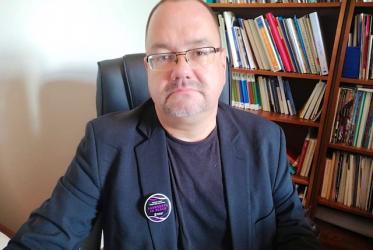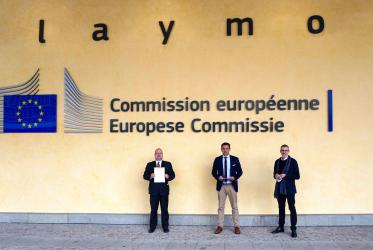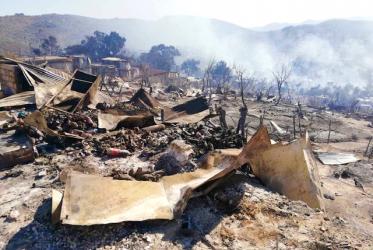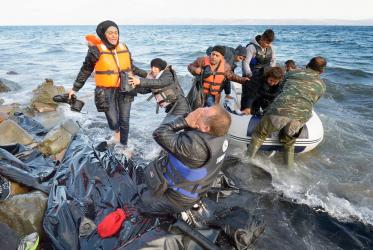Displaying 1 - 20 of 32
Ecumenical statement on migration received by European Commission
25 September 2020
How can you help refugees?
11 October 2018
Rev. Kenneth Mtata reflects on journey of transition in Zimbabwe
20 September 2018
Pope Francis dialogs with Christian leaders on combating racism
20 September 2018
Catholics, WCC map future together after papal visit to Geneva
05 September 2018
World conference on xenophobia, racism, and populist nationalism in the context of global migration
18 - 20 September 2018
Ergife Palace Hotel, via Aurelia 619, Rome, Italy












